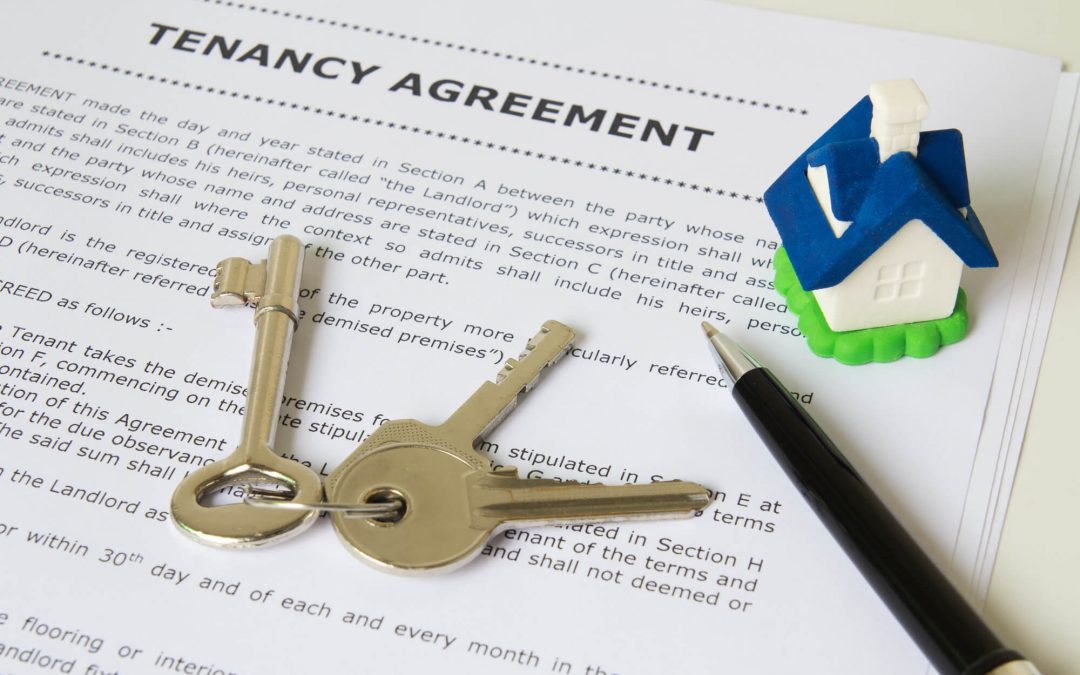Are you familiar with tenancy deposits? Have you recently moved to a new home and had to pay a tenancy deposit? You should, however, know that there is strict legislation in place for handling them. Therefore, landlords who fail to comply with the rules set for protecting these deposits are bound to face some severe consequences. Note that tenants get their deposit back at the end of the tenancy.
However, notice that landlords or letting agents can take money off only for a valid reason like property damage. Therefore, ensure that you are responsible throughout the tenancy. The following are ways to make a tenancy deposit compensation claim.
Ascertain That You Can Claim Compensation
Of course, you need to be familiar with the tenancy deposit rules before anything. Once this is done, you will know whether the landlord is complying with the laws or not. From there you can ask for compensation. Suppose they fail to protect your deposit 30 days after receiving it or throughout the tenancy or give you written information within 30 days.
In that case, you can be compensated once to thrice the deposited amount. Isn’t that great news? Despite that, if you realise that claiming compensation is impossible, the landlord will return your deposit regardless of when your tenancy ends.
Seek Legal Advice
 It would help if you involved a professional, in this case, a solicitor. Note that you do not need the latter to make a claim, but getting legal advice from them will come in handy. They are so knowledgeable and have experience in this field that they will help you handle everything with so much clarity.
It would help if you involved a professional, in this case, a solicitor. Note that you do not need the latter to make a claim, but getting legal advice from them will come in handy. They are so knowledgeable and have experience in this field that they will help you handle everything with so much clarity.
Note that getting legal aid for a claim deposit is not allowed. However, if you claim as part of the defence, for example, getting evicted for rent arrears, getting free legal aid via other means is possible.
Moreover, a solicitor can take your case although under a conditional agreement.
The latter is sometimes referred to as ‘no win, no fee’. It would be best to understand the costs or fees you will be required to pay them beforehand. Please do not rush to sign any agreement until you do; otherwise, it would be unfortunate to get yourself into something like that blindly.
Ensure That You Have Gathered Evidence for Supporting Your Case
Like any other case, having evidence to back you up is crucial. Please make a point of bringing the documents that you used for reference or are relevant to the claim. Such may entail a tenancy agreement copy, rent payment records from the beginning of your tenancy, a confirmation showing you certainly paid the deposit, letters or email copies coming from and going to the landlord and search printouts on the tenancy deposit protection websites.
Also, you could include a tenancy deposit protection scheme certificate if you have one. These will be very useful in a court of law. Can you imagine not having any, and you want to make a tenancy deposit compensation claim? It will be pointless since you will lack a reference point to prove your truths which can be frustrating.
You Should Send a Letter Before Action
This is a requirement by law; hence, do it before starting any compensation claim. Ensure that you send this letter to your letting agent and landlord. It is best to include all the details of your claim, for example, the reasons for applying to the court.
Often, either of the two opts to settle the claim once they receive the letter before action, and this is because they want to avoid any legal costs whatsoever.
Apply to The Court
As previously mentioned, there is no need to hire a solicitor to apply for a deposit compensation claim on your behalf since you can do it alone. You will have to fill up some forms, and they can either be downloaded or picked up from your local county court. Note that if you are a joint tenant, the application must be made jointly.
However, this does not mean that you cannot apply if one of the joint tenants is nowhere to be seen. You will have to make an application to the court so that the claim can continue without the joint party. In addition to that, you can claim interest on the amount you deposited, which will commence from the day it was supposed to be refunded.
Ensure that you attach the evidence and send the forms to your local county court. Also, remember that you will have to pay court fees which will be reclaimed from your landlord if you win the case.
Don’t Disregard Any Offers to Settle the Claim
The court will send your landlord a copy of the claim form complete. From there, they can choose whether they are in agreement with your claim or offer to settle the claim with you. If the offer they make satisfies you, you can withdraw the claim but only if they pay the amount agreed together with the court fee.
Prepare for Court
You will proceed with your court hearing if the landlord disagrees with your claim or fails to respond to the court on time.
Proceed to Court
Feel free to represent yourself or opt for a solicitor in court. Note that your landlord may also be represented. The evidence you provided the court with will be used as a basis by the judge to make enquiries. From there, they will decide on your claim.
The above shows how to make a tenancy deposit compensation claim. If you plan to do this soon, ensure to follow the steps above. Please do not forget to attach the evidence since it is crucial for the judge to decide on your compensation claim.
Tenants should keep all the documents relevant to their tenancy until its end. This is because things could not go as planned, and they may have to make a tenancy deposit compensation claim. Remember, you don’t have to have a solicitor apply a claim for you, but that is fine if you want them to represent you in court

